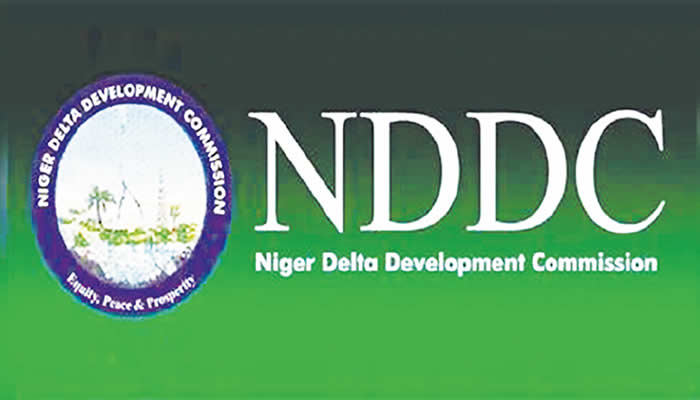The Niger Delta Development Commission (NDDC), in collaboration with the Livelihood Improvement Family Enterprises, Niger Delta (LIFE-ND), has embarked on a significant initiative to bolster agricultural transformation and enhance food security in the Niger Delta region. This collaborative programme focuses on empowering rural youth and women by equipping them with the requisite skills, knowledge, and resources to establish thriving agribusinesses, primarily in the poultry and aquaculture value chains. The NDDC’s strong commitment to this agricultural revolution is evident in their investment in rural areas, aiming to unlock livelihood opportunities and reshape mindsets towards embracing agriculture as a viable economic activity. This transformative effort seeks to foster economic growth and development within the region, ultimately leading to improved socio-economic conditions for the people of the Niger Delta.
The NDDC and LIFE-ND have stepped up their efforts in implementing this agricultural transformation program, recently undertaking inspections of incubation centres across Akwa Ibom, Imo, and Rivers states. These inspections, led by Dr Winifred Madume, the Director of Agriculture and Fisheries at NDDC, served to evaluate the progress of the program, identify areas for improvement, and ensure effective implementation. The commission’s commitment to fulfilling its counterpart funding obligations underscores the importance it places on rural economic transformation, aligning with broader national agricultural goals. The collaborative nature of the LIFE-ND program, involving the NDDC, the International Fund for Agricultural Development (IFAD), the Federal Government, and participating states, highlights the collaborative approach adopted to address the region’s developmental needs.
The inspection team, after thorough assessments, expressed satisfaction with the program’s implementation status and the enthusiasm demonstrated by the young agripreneurs undergoing incubation. These aspiring agricultural entrepreneurs are being nurtured and trained through the program, acquiring the necessary skills and knowledge to succeed in their chosen agricultural ventures. Mr Abi Morris, Special Assistant to the NDDC Managing Director, noted that the LIFE-ND program serves as a tangible example of development in action, equipping young people with the tools and resources they need to build successful and sustainable agricultural businesses. This positive assessment highlights the effectiveness of the program’s design and its positive impact on the participating youth.
The beneficiaries of the LIFE-ND program have expressed their gratitude to the NDDC for this impactful initiative. They acknowledge that the program has not only provided them with critical knowledge and training but has also facilitated access to funding, enabling them to launch their own agro-businesses. This empowerment has instilled a sense of ownership and agency, allowing these young agripreneurs to become active contributors to the region’s economic development. Beyond individual success stories, the programme has also garnered praise for its contribution to bolstering food security in the Niger Delta region, a critical aspect of sustainable development.
The NDDC’s commitment to agricultural development in the Niger Delta region is undeniably evident in its strategic investments in rural areas. The commission’s focus on rural development underscores its recognition of the agricultural sector’s potential to drive economic growth and improve livelihoods in these often-marginalized communities. By providing access to training, resources, and funding, the NDDC empowers rural youth and women to embrace agriculture as a viable and sustainable livelihood option. This focus on creating opportunities in rural areas is crucial for promoting inclusive growth and addressing regional disparities.
The NDDC’s agricultural intervention is not merely about providing financial support; it represents a comprehensive effort to transform livelihoods and reshape mindsets within the Niger Delta region. By empowering young people and women to engage actively in agriculture, the NDDC aims to shift perceptions about the sector and promote it as a viable path to economic prosperity. This holistic approach to development is essential for building a sustainable and thriving agricultural sector that can contribute significantly to the overall economic growth and development of the Niger Delta region. The ultimate goal is to create a vibrant and resilient agricultural ecosystem that fosters prosperity, enhances food security, and contributes to a brighter future for the people of the Niger Delta.














